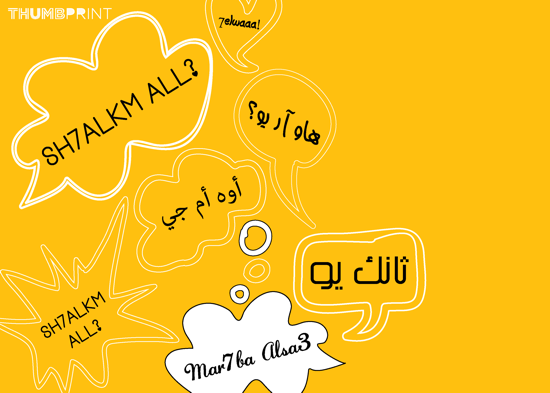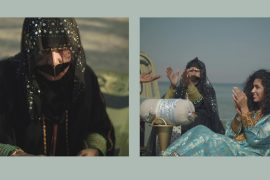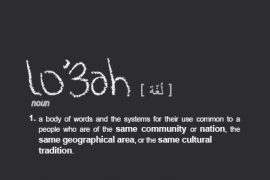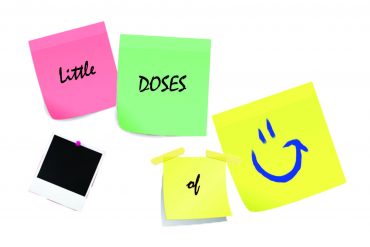Article in brief: The Emirati dialect is at a threat of being lost as a result of globalization.

I am very proud to be an Emirati, and even prouder to come from a place which is considered to be one of the most visited countries in the world today. The UAE has embraced changes in many areas of its environment, be it economic, social, or political, in order to become what it is today.
The downside to this growth though is the great gap in the Emirati dialect and the Arabic language amongst Emiratis. It’s a tragedy to see most Emiratis have trouble speaking their mother tongue fluently.
With the growing popularity of private English schools, English has become the first language in many Emirati households. Furthermore, the popularity and ease of access of English-based search engines, applications, and games has made learning and adopting the English language easier.
Losing the Emirati dialect, or worse, the Arabic language, is a threat to our culture. Some Emiratis today choose to not speak Arabic frequently, as if they don’t take pride in their mother tongue and the language of the Holy Quran! In addition, youngsters who do speak Arabic have adopted what may be described as “pidgin Arabic” from their foreign nannies. In an era in which everything is becoming globalised, I do advocate the learning of English, since it is indeed a global language. That, however, does not mean Arabic, or any of the other native languages, should be neglected or made secondary.
We need to shed light on the richness of the Emirati dialect and Arabic language. From my experience, I suggest parents communicate in the Emirati dialect at an early age with their children in parallel to teaching them other languages.
Although certain things that hold cultural value, such as language and national dress, may never entirely fade away, they may evolve with the trends of a given period. As change is constant, I hope Emiratis will take forward the parts of culture they wish to preserve and honour them in their new forms. With the same purpose, a couple of young Emiratis have taken the initiative to develop applications that will help educate locals, expatriates, and tourists on the Emirati dialect.
For example, two iPhone applications have been launched with the aim to educate people about the beauty of the Emirati dialect. The first one, called “Thikrayat”, uses simple illustrations to explain Emirati words and phrases. The second one, called “Dubai Emoji”, celebrates things that have deep cultural significance and includes old local phrases that were used in the past by our ancestors and is now available for use through online communications. Emirati dialect is the backbone of our precious culture and our national identity, so it is a great delight to see some initiatives being taken to preserve it.
I believe our language is still alive, yet it is practiced in forms that are altered to fit today’s world. For instance, people on social media often use “arabeezy”, which is the use of English alphabets to communicate in Arabic. Our language has already seen a major transformation, and so it is important that we begin to preserve our dialect because it’s the verbal expression of our precious culture. For me, culture is like a plant: if you don’t water it, it will die and so will our language and dialect if it isn’t kept alive in conversations. Therefore, it is the responsibility of the UAE community as a whole to instil the importance of the Emirati dialect and Arabic language in the lives of the current and following generations.




1 Comment